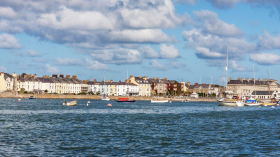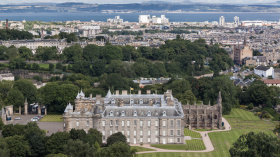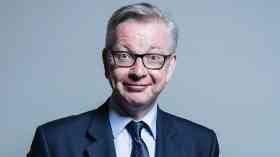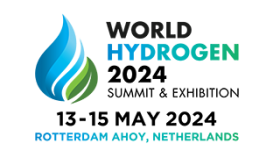Sue Robb of 4Children talks to Julie Laughton and Alison Britton from the Department for Education about the role of childminders in delivering the 30 hours free entitlement.
Trust in politicians is at lowest level on record
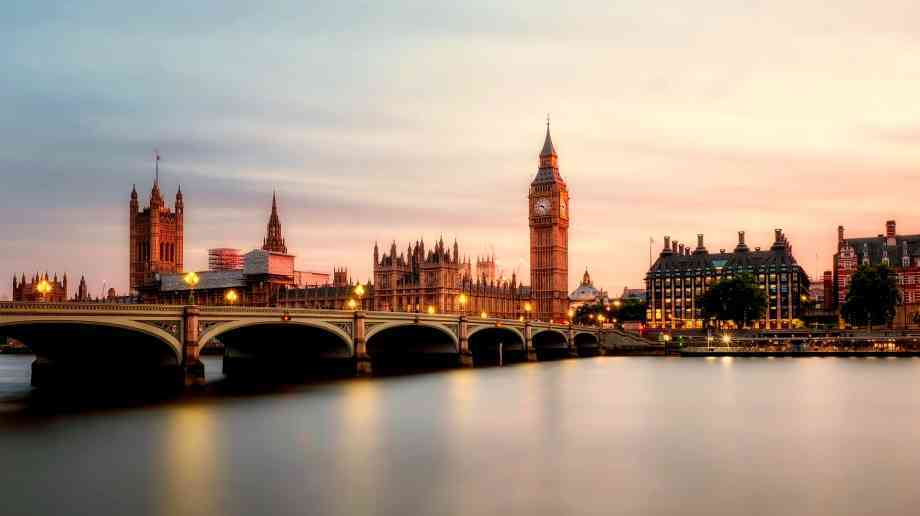
A new poll by the IPPR think tank has found that a decline in political trust is undermining liberal democracy in the UK.
In 2014 48 per cent of British people saw politicians as merely ‘out for themselves’, but new IPPR polling conducted last weekend found that as many as 63 per cent now share this view.
When IPPR asked the same question in May this year, just after the Greensill scandal, a clear majority (57 per cent) said they thought politicians were ‘out for themselves’, suggesting that distrust in politics had already become the norm. The sharp rise since then suggests that the ‘sleaze scandal’ that has recently consumed Westminster has taken an even greater toll on public confidence in politics and politicians.
IPPR argues that while sources show levels of political trust in Britain rose following the onset of the Covid-19 pandemic, this opportunity to rebuild trust may already have been squandered. Now further action is needed to rebuild trust in politicians and the key institutions vital for a thriving and effective democracy.
The study found that those with GCSE level qualification levels or below consistently report lower levels of trust than those with higher education qualifications. Furthermore, trust in MPs falls the further away from Westminster you travel within England. Burnley records the lowest average levels of political trust – while Hampstead and Kilburn in North London records the highest average levels of trust in MPs.
Additionally, in 2014 would-be Remain voters were around 10 percentage points more trusting than would be Leave voters, but by June 2020 this pattern had reversed with Remain voters 10 per cent less trusting than Leave voters. Supporters of the incumbent government consistently report higher trust levels, however overall trust fell sharply during the 2019 Brexit standstill and has not yet fully recovered.
To reverse the lack of trust, IPPR sets out four significant social and political gaps that must be closed to improve political trust in the UK:
- Narrowing the gap between the lives people are experiencing with the lives they expect to lead. Building back better after the pandemic with better public services, jobs and opportunities is vital.
- Narrowing the gap between the challenges we face and what people believe the state can do about them. By delivering action that tackles the big issues, the state can demonstrate its ability to make a positive difference to people’s lives.
- Narrowing the gap between the way the political system is currently operating with the original principles of liberal democracy through a bold programme of constitutional and democratic reform. This report marks the start of a major IPPR project to outline what this reform agenda should look like.
- Narrowing the values gap between ordinary people and those who govern by improving the diversity of election candidates and involving citizens more directly in democratic processes and decision making. A candidate shortlisting process that puts more emphasis on selecting people from different backgrounds including those who haven't gone to university, could be a good step to address this.
Harry Quilter-Pinner, IPPR director of research and engagement, said: “Our research shows a significant and disturbing decline in public trust in politicians and democracy in the UK. More people than ever are convinced that MPs are primarily looking out for themselves, rather than their country. Rather than taking bold action now to reverse this long-term trend, the government seem to be making things worse.
“These trends are deeply concerning. In a political system where voters allow and rely on others to make decisions on their behalf, trust is the most valuable commodity. Without it, our democratic systems stop functioning effectively. Our politicians must act now to set the UK on a new course, away from democratic dissatisfaction, towards a system which delivers on the priorities of citizens and where everyone has a say in how society is governed.”
Company Focus
Fireco is a one-stop shop for trusted and compliant fire safety solutions! Our comprehensive product range includes smart fire door closers and retainers, notification systems, as well as fire door installation and inspection services. With our cloud-based technology, we offer the convenience of remote monitoring and management of connected devices, ensuring efficient and effective fire safety measures. By choosing Fireco, you can trust that our solutions are tailored to meet complex compliance requirements and provide you with peace of mind.
Event Diary
UKREiiF has quickly become a must-attend in the industry calendar for Government departments and local authorities.
The organisers of the world’s largest dedicated hydrogen event, World Hydrogen 2024 Summit & Exhibition have announced it’s return to Rotterdam in May 2024, with an expansion of a whole extra summit day. Sustainable Energy Council (SEC) are partnering with the Government of the Netherlands, the Province of Zuid-Holland, the City of Rotterdam, and the Port of Rotterdam to host an extended, larger scale Summit in 2024, to expand the event to meet the surging demand.
Supplier Profiles
Geo Energy
At GeoEnergy Design, we're on a mission to disrupt the traditional way heating and cooling ha
Latest Features
Professor Harith Alani, director of the Knowledge Management Institute at the Open University explains how AI can be used for good and bad.
Alex Lawrence, head of health & social care, techUK sets out techUK’s Five Point Plan for CareTech.

